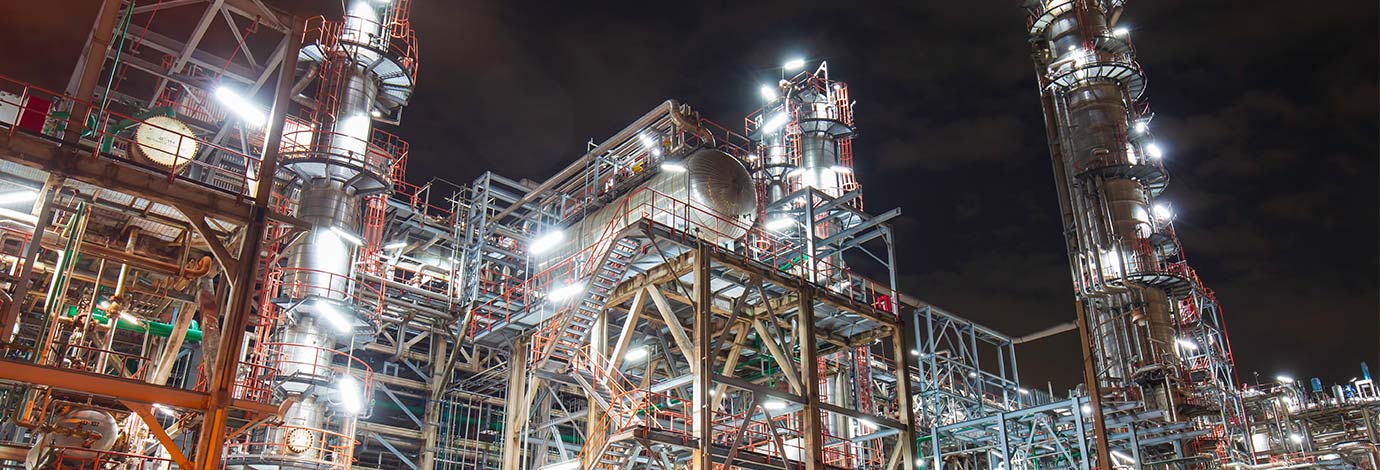Supporting energy providers for future fuel.
It will take a mix of fuels to meet our future energy demands
Traditional refining has an important role in our future. But as we support refiners with their day-to-day operations, we’re also looking at what’s next. Like helping our clients convert their assets to 100 percent low‑carbon feedstocks or integrate carbon control technologies.
Reducing the carbon intensity of fuel
We’re also helping refiners reach their emissions reduction targets by developing baselines and plans to reduce emissions.
This might involve looking at low-carbon fuels or electrification to power operations, assessing whether renewable fuels make sense for the production mix, or investigating how to reduce the carbon cost of feedstocks. For example, we’re working with a US customer on a feasibility study to reconfigure a refinery to produce renewable fuels and significantly reduce emissions.
Integration is more important than ever
We’re seeing more refineries integrate with petrochemical operations. From shared facilities to the co‑location of related industries within an industrial hub, integration brings efficiencies of scale. And it encourages cost effective carbon management.
In the longer term, integration with energy hubs to realize carbon efficiencies will also be an opportunity for refineries.
We help you to plan, decide and innovate
We’re not just embracing the industry changes. We’re leading with insight to help refiners strategize and innovate. And we work with our Worley colleagues to bring these opportunities to market and support the fuels of tomorrow.

